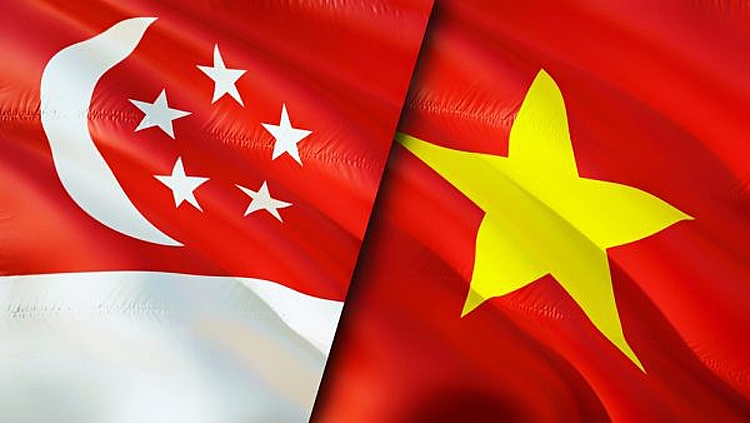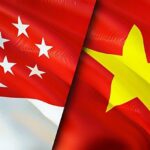BUILDING AND PERFECTING POLICIES AND LAWS ON ARTIFICIAL INTELLIGENCE IN VIETNAM
Artificial Intelligence (AI) is a foundational technology of the Fourth Industrial Revolution, significantly enhancing production capabilities, national competitiveness, economic growth, and national security. However, AI also poses negative impacts on citizens’ rights, including privacy, data protection, and employment. Therefore, there is an urgent need to develop and complete policies and laws regarding AI in Vietnam to manage its positive aspects while minimizing its negative effects.
Artificial Intelligence (AI) has emerged as a core technology in the Fourth Industrial Revolution, playing a vital role across various fields, including the economy, society, and national security. Recent breakthroughs, particularly the launch of ChatGPT and DALL-E-2 in 2022, have underscored the immense potential of this technology to transform how we live and work.
Opportunities from AI
AI is projected to contribute approximately $15.7 trillion to the global GDP by 2030. In the ASEAN region, the economy could grow by 10% to 18% due to AI, amounting to nearly $1 trillion. The development of AI not only presents opportunities for emerging markets but also drives the transformation of developing economies, provided that appropriate policies are in place.
Social and Economic Challenges
Alongside these opportunities, AI poses significant challenges. One of the primary concerns is its impact on the labor market. It is forecasted that about 800 million workers worldwide could lose their jobs by 2030 due to automation. In the ASEAN region, approximately 137 million workers may be affected over the next 20 years. The income disparity between high-skilled and low-skilled labor could widen, potentially leading to social instability.
Economically, the advancement of AI relies heavily on big data, which is predominantly controlled by major tech corporations. This creates a technological monopoly that hinders startups and reduces overall competitiveness.
National Security Issues
AI can be employed to analyze large datasets to detect and prevent security threats, such as cyberattacks and terrorism. However, this technology can also be misused for malicious purposes, including cyber warfare.
The Need for a Legal Framework
To harness the benefits of AI while mitigating risks, international organizations and national governments must establish appropriate legal frameworks. Countries like the United States, China, and the European Union have taken concrete steps to develop legal structures for AI, emphasizing principles of privacy protection and ethical technology development.
In Vietnam, awareness of AI’s importance has been reflected in various resolutions from the Party and the State. The country has set forth a strategy for AI development through 2030, focusing on creating a legal framework to promote the application and advancement of this technology while safeguarding the rights of individuals and businesses.
Policy Approaches
Vietnam must pay particular attention to issues such as intellectual property rights and personal data protection in its AI development. Clear regulations regarding data collection and usage, privacy protection, and the ethical implications of technology development are essential.
Conclusion
AI represents a field with significant growth potential, accompanied by various challenges. Establishing a suitable legal framework and developing policies to manage AI will be critical for Vietnam to seize the opportunities presented by this technology while minimizing its negative impacts.
Source: Communist Review https://tapchicongsan.org.vn/web/guest/nghien-cu/-/2018/968602/xay-dung%2C-hoan-thien-chinh-sach%2C-phap-luat-ve-tri-tue-nhan-tao-o-viet-nam.aspx#








